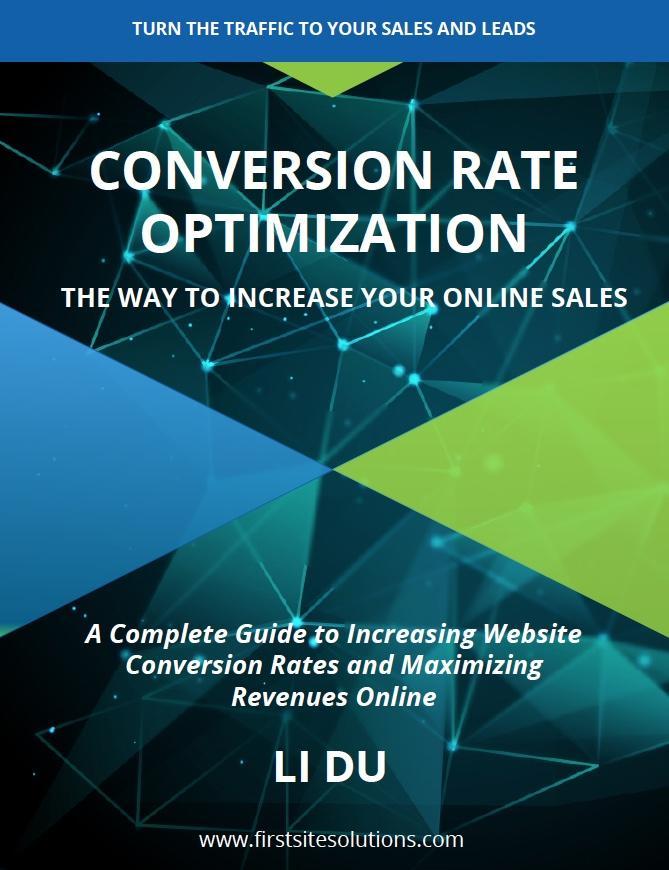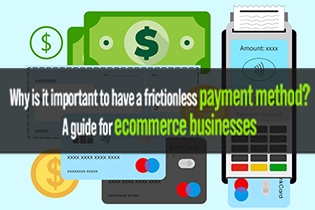
Progressive web applications (PWAs) are redesigned renditions of standard website pages and local applications. As a rule, web applications do not have the usefulness of local applications, for example, sending pop-up messages or working disconnected. Programs and web applications then again are getting further developed. Presently, PWAs can give highlights like local applications. Improved functionalities incorporate Sending pop-up messages, Access to gadget equipment like vibration, and Improved touch signals.

- PWAs are responsive. So they can fit in all structures, for example, cell phones, tablets, or work areas. They work availability freely, implying that the administration laborers can work disconnected or even on networks with a low-quality association.
- Progressive web applications look like local versatile applications. This incorporates the entirety of the route and connections also.
- PWAs are additionally protected to utilize. That is because they are furnished with HTTPS associations that guarantee the substance hasn't been changed or penetrated.
- Because of the W3C show, PWAs are recognized as applications. They are discoverable because the administration specialist utilizes web crawlers to discover them.
- As a local application, reformist web applications are re-engageable, which is incredible. That is because you can contact clients through strategies, for example, pop-up messages.
- A PWA is installable so clients can keep applications on their home screens. Users can share these with companions by sending a URL.
- Since it's so natural for these applications to get introduced on the home screen of whoever is perusing, there's no requirement for somebody to go to the application store to download anything. They additionally won't need to purchase anything.
- Progressive web applications offer a full-screen perusing experience.
Is there a contrast between Progressive web applications (PWAs) and local applications? (Indeed.) If anyway, what are those distinctions and how would you pick between a local application and a reformist web application for your organization's cell phone presence?
1. Installation
The shallow distinction among PWAs and local applications has to do with the way the end-client gets to them. Local applications are found and introduced through an application store, for example, Google Play or Apple's iOS App Store. Application Stores go about as an enormous shopping window, the door towards all administrations and substance individuals devour on their cell phones. The open door for application proprietors is impressive on the off chance that they can be found with well-known watchwords or have a current brand and can depend on individuals finding them in the stores, which happens a ton these days. Once introduced, the application will show up on the client's home screen with an unmistakable symbol and text mark that points out its essence. All things considered, this implies when you build up a local application you need to submit it for thought to (at least one) of the gadget application stores you need it to show up on. It's at that point up to the clients to discover the application, perused the portrayal and surveys, and decide whether it merits downloading and sparing to their cell phone's screen. PWAs, then again, assist you with abstaining from managing regulatory migraines in application stores. Rather, these web applications run directly from inside the cell phone's program.
2. Cross-Platform Availability
Since engineers generally plan an application explicitly for iOS or Android clients, this guarantees that the experience inside the local application is customized to every stage. Engineers need to stress less over cross-program or - stage similarity and more on molding their application for one explicit cell phone. Reformist web applications, then again, adopt an alternate strategy. Used by numerous large brands like Twitter, Forbes, and Flipboard (close by their local application offers), they've developed out of web innovation that has been in play for quite a long time. Engineers make the responsive example of the PWA, distribute it, and afterward leave it to the client's program to show it accurately inside the screen's boundaries. It's only one application to create and clients over a wide scope of portable programs can draw in with the application on account of current web advancements. The one point deserving of note here, nonetheless, is that the interface of the PWA regularly endeavors to find some kind of harmony between what you'd find with a responsive site and what you'd experience in a local application. With local applications, engineers have the chance to make a easier to use insight as the application is planned explicitly for the structure of a versatile application. With PWAs, the time and cost-sparing can be huge, since a solitary web application can be stacked on the two iOS and Android and programs such as Firefox on different frameworks as well.
3. Offline Usage
One of the extraordinary things versatile applications can accomplish for the end-client is enabling them to get to the data they need without being associated with the Internet. What used to be a privilege of applications, is presently going to the web too. A PWA is an online application that gets introduced on your framework and, where potential, works disconnected using reserved information. Administration laborers are the most significant innovation permitting disconnected use in PWAs. Administration laborers are JavaScript records that run autonomously from the web application itself. They help improve execution and highlights by dealing with network demands, storing application assets (and bringing reserved assets), and, the best part is that empowering push messages in any event, when the client isn't on the web. There is a tradeoff with this alternative, as you may envision. A PWA can serve certain pieces of the application to clients when their gadget can't associate with an organization. Nonetheless, a PWA can't serve all pieces of the application to them; explicitly, anything that isn't essential for the page's characteristic storing framework will be disconnected until availability is re-established. Thus, if a client needed to present a contact structure to Forbes or reserve a spot on Trivago, they'd be not able to do so. Local applications win in this classification. While it's incredible that the innovation of PWAs is getting up to speed and permitting clients to get to the reserved substance, they're simply not exactly at the purpose of having the option to take advantage of a cell phone to remain associated regardless.
4. Capacity, Data, and Power
At the point when a local application is introduced on the work area of a cell phone, it will pull straightforwardly from the gadget's assets. For more asset substantial applications, ones that clients communicate with oftentimes, or those they neglect to finish off of inside and out asset use regarding power/battery, extra room, and versatile information use can be steady. That's, obviously, not to state that PWAs can't cause comparable waste issues. In case you're attempting to contact a crowd of people that lives in a locale where information networks will in general be more costly and clients incapable to pay for it, at that point a PWA will be the most ideal alternative. Google highlights that Konga cut information utilization by 92% when they transformed their versatile site into a PWA. Having a PWA that didn't utilize a lot of information was data was fundamental because almost 66% of Nigerian clients (Konga's home market) access the Internet on versatile through 2G organizations. All things considered, some local applications can work and store content for disconnected use which may help with inconsistent associations (yet not so much if the information is costly).
5. Updates
There are different sides to see refreshes from with regards to applications: the client's perspective and the developer's. Generally, there's nothing for clients to do with regards to refreshing local or reformist web applications. There may come when a local application requires a manual update, yet, generally, the cycle is mechanized and clients will scarcely identify when an update has experienced. For your end-clients, this one won't make a big deal about a distinction as most updates will go unnoticed.
Conclusion
As innovation improves, there have emerged some great use cases for PWAs. PWAs, for example, Twitter Lite and Pinterest both show how you can bring your versatile web experience nearly comparable to your local application, which will help in business sectors with the poor or costly networks. Then again, an independent venture that can't bear the cost of a completely local application could consider building a reformist web application rather, sparing themselves an opportunity to manufacture and keep up applications on discrete stages. Having said that, arrangements like Canvas offer little and bigger organizations the chance to have the upsides of applications without the expense of creating them without any preparation. Another great use case for a PWA would be for new businesses in an MVP stage. If you needn't bother with your application to guide into the local highlights of a cell phone, and if your objective is more to introduce an improved encounter on cell phones, a PWA would be a less expensive and speedier approach to get one out.








